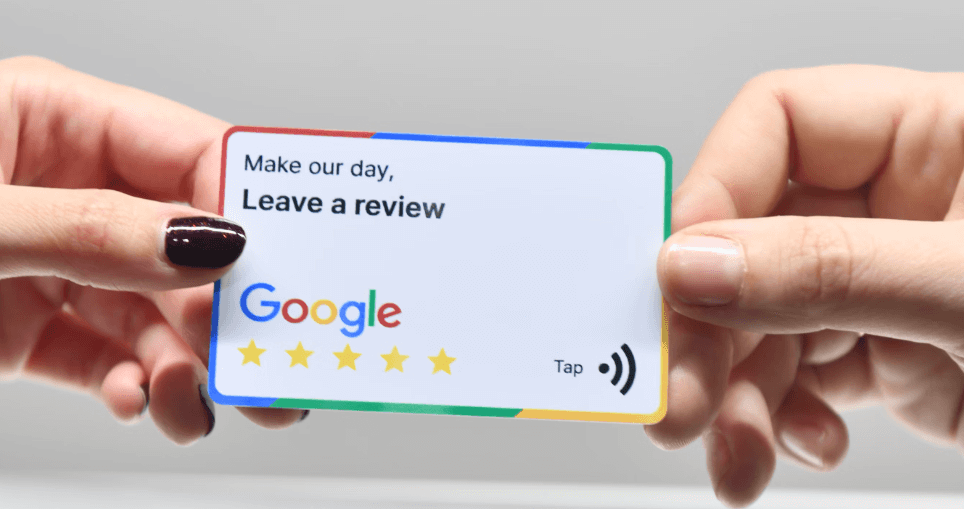In a world where nearly every traveler is an amateur critic and every booking decision is one click away, your hotel’s online reputation isn’t just a reflection of your service—it’s part of your revenue strategy. While positive reviews can drive business, a single bad review, especially if unaddressed, can cause serious damage. But how much does a bad review really cost?
Spoiler: It’s not just about a lost booking.
1-Star Can Equal Thousands in Lost Revenue
Let’s start with the numbers. According to research cited by Revenue Hub, a one-star drop in your rating can translate to a 5-9% loss in revenue per room, depending on your market. In fiercely competitive destinations, it could be even higher.
A Cornell University study found that for every one-point increase in a hotel’s online rating (on a five-point scale), there is an 11.2% increase in average daily rate (ADR), without sacrificing occupancy. It works the other way, too: a poor rating limits your pricing power and can force you into a race to the bottom just to fill rooms.
More Than Just Bookings: The Ripple Effect of Negative Feedback
The cost of a bad review isn’t limited to a lost stay. It can:
- Influence group bookings and event planners, who often check your reputation before making decisions.
- Lead to corporate travel partners removing your property from their list of preferred hotels.
- Undermine staff morale, especially when the feedback points to service issues that could have been avoided with better training or support.
- Push your team to spend more time on damage control, pulling focus from guest experience and operational improvements.
If you’re consistently responding to the same types of complaints, you’re not just risking your reputation; you’re paying for it, over and over.
One Bad Experience Can Travel Further Than a Good One
A common adage in hospitality is that happy guests tell a few friends; unhappy guests tell everyone. In the age of viral social media posts and screenshots, even isolated service failures can snowball into brand-damaging content that outpaces any response. Consider the infamous United Airlines guitar incident, which turned into a YouTube protest video with over 22 million views. It reportedly cost United millions in brand equity and became a cautionary tale in customer service training programs worldwide.
While your hotel may not be a global brand, your guests still have global influence. That single 2-star review? It may appear in search results for months—or even years—to come.
How to Spot Trouble Before It Spreads
It’s not all doom and gloom—bad reviews are often a symptom of a solvable issue. The key to avoiding negative reviews from becoming a PR nightmare is to identify the source and act quickly. Turn feedback into operational improvements, from front desk service to housekeeping procedures.
Here are three ways to reduce the cost of negative reviews:
- Track Patterns, Not Just Ratings. One bad review might be a fluke, but three about the same issue is a trend. Regularly review and tag common complaint themes.
- Respond Promptly and Professionally. Silence can be interpreted as indifference. Addressing concerns publicly shows future guests that you care and can even convert detractors into promoters.
- Empower Staff to Fix Problems in Real-Time. Staff who are trained to address concerns on the spot can often prevent the review from ever being written. With guests having fewer staff interactions than ever before, each one must make a positive impression.
Final Thought: Reviews Are Currency
Think of every guest review as a currency, one that contributes to your brand equity. Receiving honest feedback can help shape your hotel’s reputation. A strong reputation allows you to charge more, book more, and spend less on acquisition. A poor one costs you in ways you may not immediately see: lower ADR, fewer return visits, decreased staff engagement, and higher marketing expenses.
Instead of playing review Whack-a-Mole, lean into personalization and invest in creating consistently excellent guest experiences, and the reviews will reflect that. And if you do get a bad review? Respond with honesty, fix the issue, and consider it a costly but valuable lesson.
Want to improve your hotel’s online reputation and revenue strategy?
At TCRM, we help hoteliers turn insight into impact. Let’s make your next review a five-star one. Contact us today!


